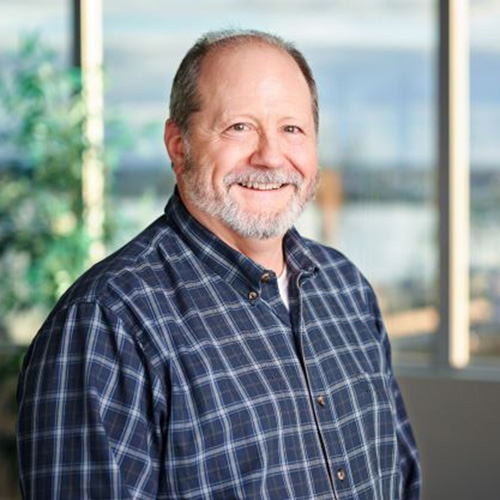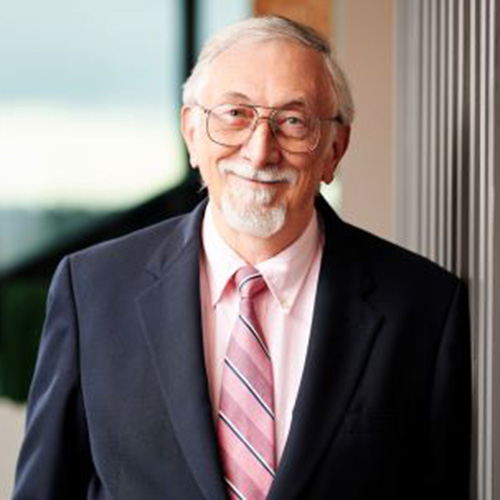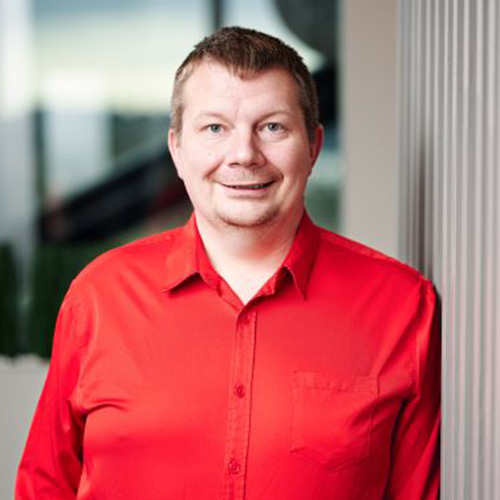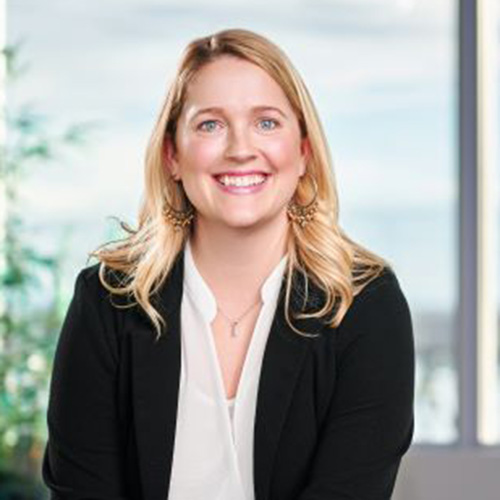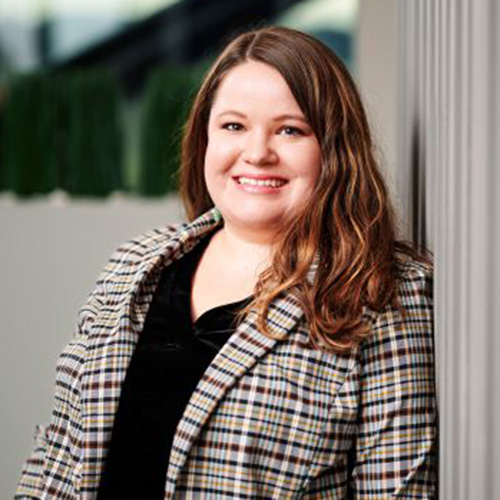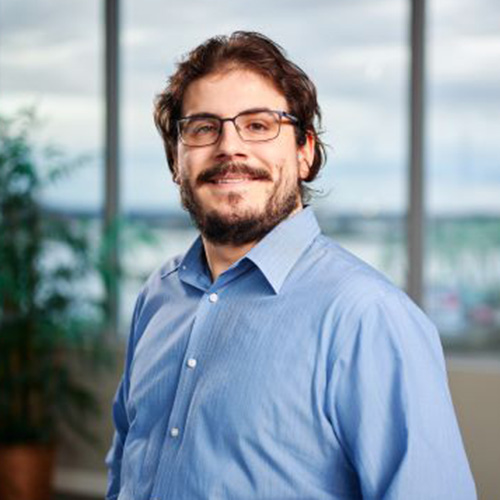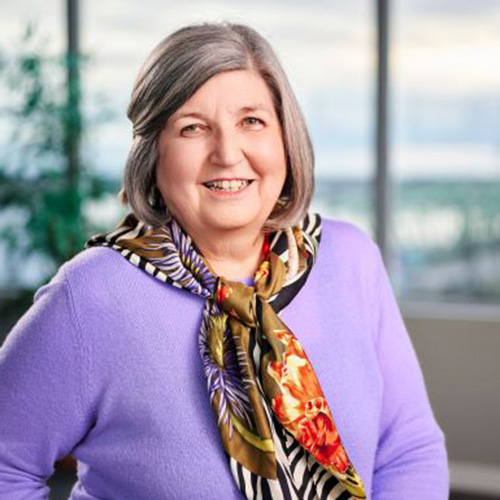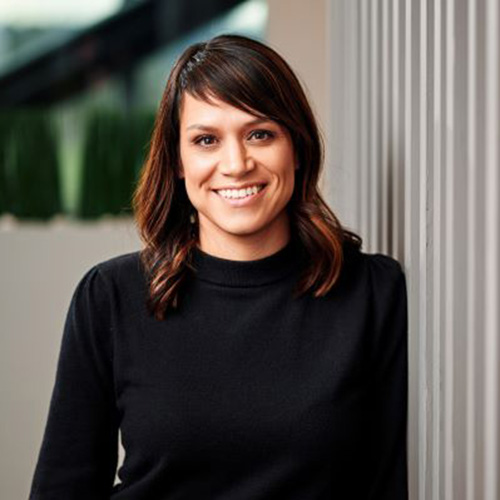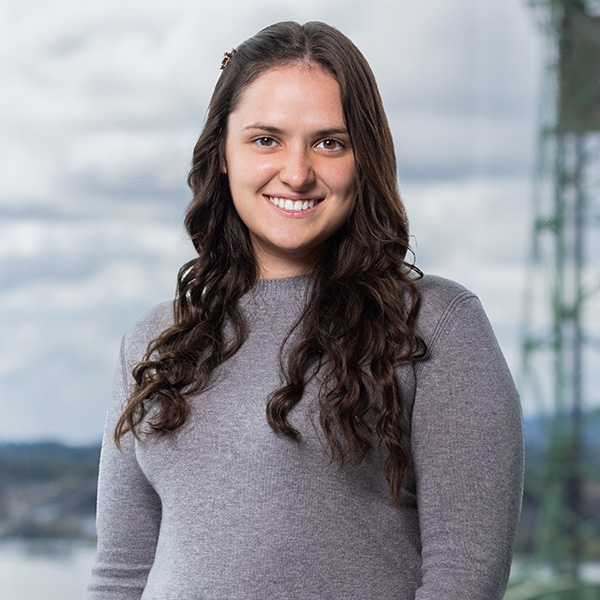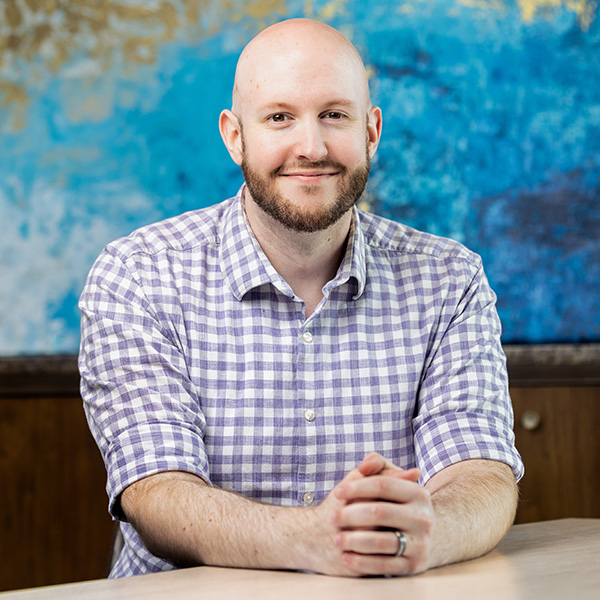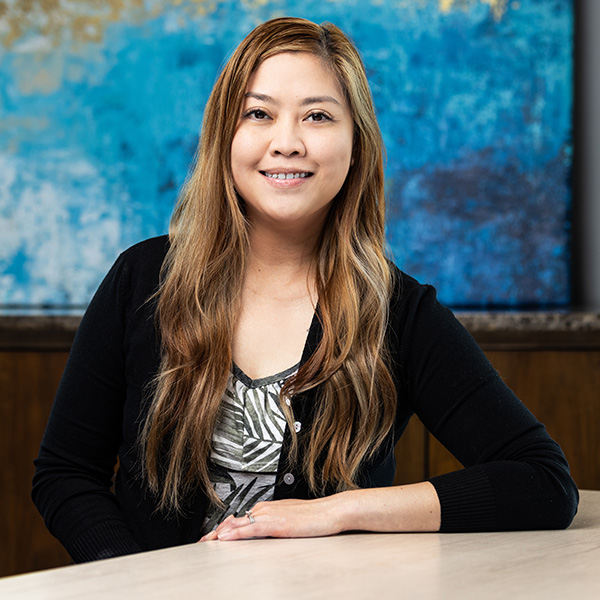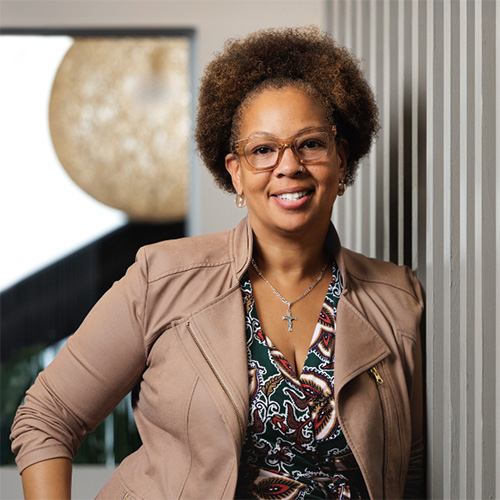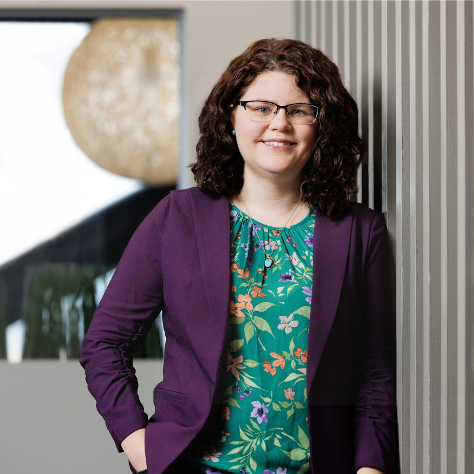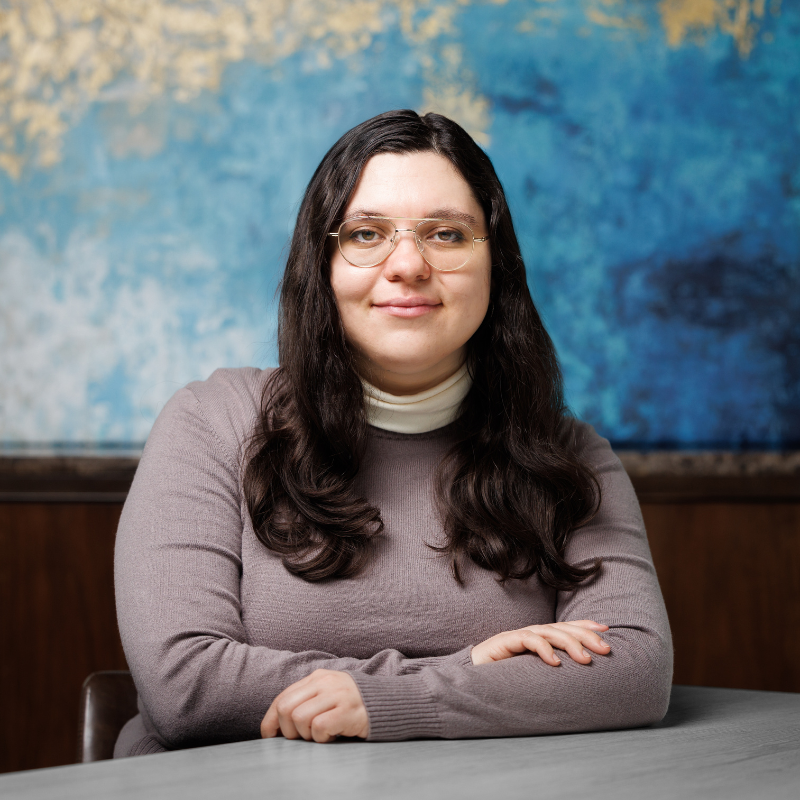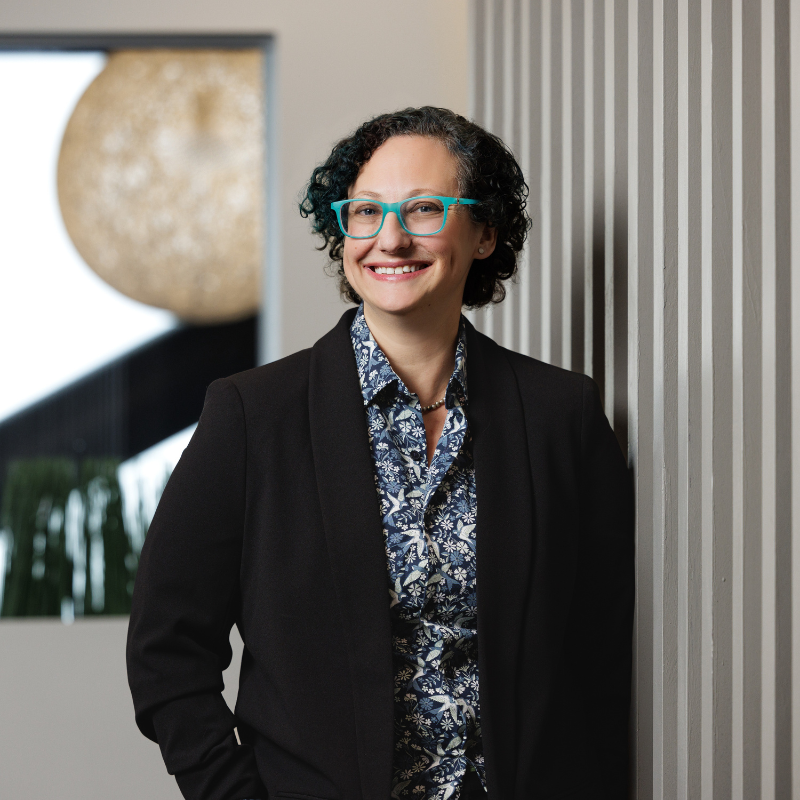Kim, Johnson Bixby

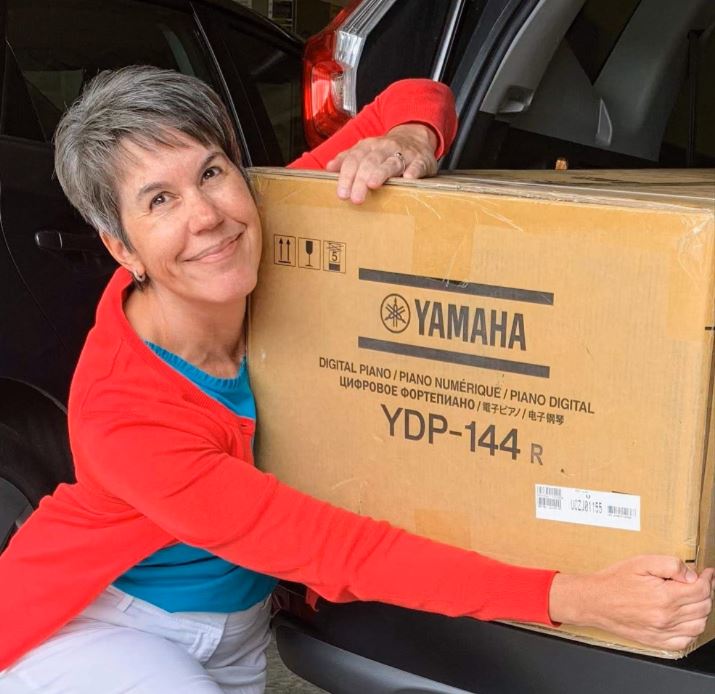
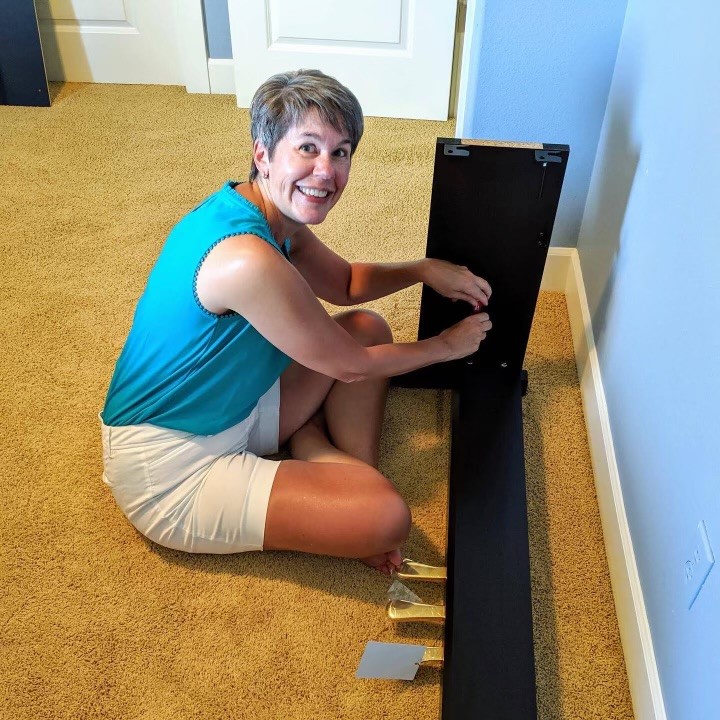
I played piano for about 10 years growing up all through elementary school and high school, then when I graduated, my piano instructor dropped me. He said, “You’ve learned everything that I can teach you.” I used that as an excuse not to play anymore. Piano was fun, but I was entering into a new phase of my life, with work and college keeping me busy – plus it would be difficult finding a piano to play – so I gave it up. In the back of my mind I thought, I’ll come back to playing eventually. Well, 30 + years go by, and I hardly ever played.
As I went longer and longer without playing, my skills kept deteriorating. On the few occasions when I would play, it didn’t sound the way I remembered, which made me less inclined to seek pianos out.
After my 25th JB anniversary, I took a sabbatical. Everyone kept asking me what I was going to do with my time. I thought I would like to play the piano again and try to get close to the way I used to be able to play. First, I would need an instrument. I learned that I could purchase an electronic piano that sounded like an acoustic piano, with keys and pedals that felt like a regular piano keyboard. Another benefit: it came with headphones I could plug-in so no one could hear my clanky-janky notes as I worked on my playing skills. And if I wanted to practice at 2:00 a.m., I wouldn’t bother anybody!
The new piano came in a big box. I quickly assembled it and pulled out all the old sheet music I’d kept for decades. When I started to play, I found it amazing that so much of the information was stored somewhere in my brain, just waiting to be accessed. I soon learned that I was not in “piano shape” anymore. I needed to build up my stamina so I could sit on a bench for long periods of time, hold the stretch of a big octave interval, and to strengthen my hands and fingers. For the first few weeks, my back and hands were rather sore – I thought I had come down with arthritis!
It’s been about 3 years since I went back to playing piano, and it’s now part of my daily routine. I make a point to play for about an hour each day, improving dexterity, learning music theory, and working on a wide variety of pieces. Growing up I mostly played classical music, and I love Chopin, Bach, and Beethoven, but I mix in some pop music, jazz, and ragtime, too.
Now that I’ve had a while to get back into it, I’ve found that music is a nice change of pace from the problem-solving and mathematics of financial planning. I only play for myself, and stick to pieces I enjoy – if I try something out and don’t like it, I get to skip it (my old piano teacher would never let me do that!). There’s such a wide variety of music out there, I’ve had no shortage of fun arrangements to try!


